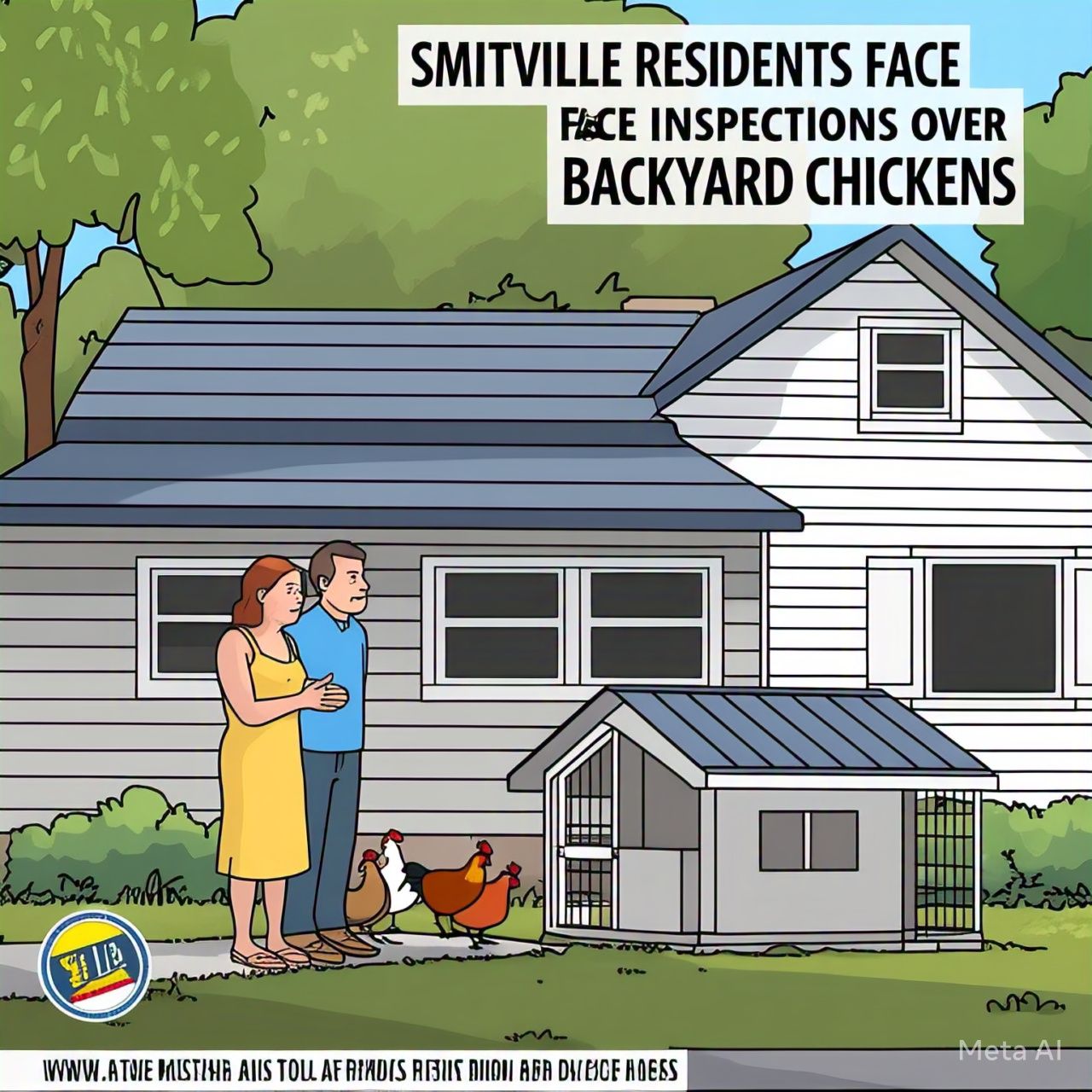Dora Pavlidis, a resident of Smithville, has faced multiple inspections recently regarding her two backyard chickens, which she keeps as therapy animals for her 93-year-old mother. The visits, conducted by the Niagara SPCA and Humane Society, a Township of West Lincoln building inspector, and an Electrical Safety Authority (ESA) inspector, have left Pavlidis frustrated.
Therapy Chickens for Dementia Support
Pavlidis began keeping the chickens a few years ago to support her mother, who has dementia and grew up caring for chickens in Greece. The chickens are housed in a 1.2-by-1.5-metre insulated coop that Pavlidis cleans daily. She also has a letter from her mother’s doctor recommending the chickens as therapy animals.
Inspections Begin After Complaints
The inspections began in mid-March when the SPCA visited her home following a complaint. The official noted the coop’s good condition and appeared satisfied after seeing the doctor’s letter but indicated the matter would be reviewed further. Pavlidis has not received any follow-up from the SPCA.
Subsequent visits included a township building inspector who measured the coop after receiving another complaint and an ESA inspector who checked an extension cord running from Pavlidis’ house to the coop. The cord powers lighting and a water bowl warmer and was deemed satisfactory by the inspector.
Local Regulations on Backyard Chickens
Earlier this year, West Lincoln council approved regulations prohibiting backyard chickens in urban areas of Smithville while allowing up to six hens in hamlets and agricultural zones. Coops must meet size restrictions, and roosters, on-site slaughtering, and processing are prohibited. Enforcement is complaint-based and handled by the Niagara SPCA and Humane Society.
Emotional Impact
The repeated visits have upset Pavlidis’ mother, who fears losing her chickens. “She thinks they’re going to take her chickens away,” said Pavlidis.
While officials have not commented on specific inspections, Pavlidis continues to advocate for her ability to keep the chickens as essential support for her mother’s well-being.




